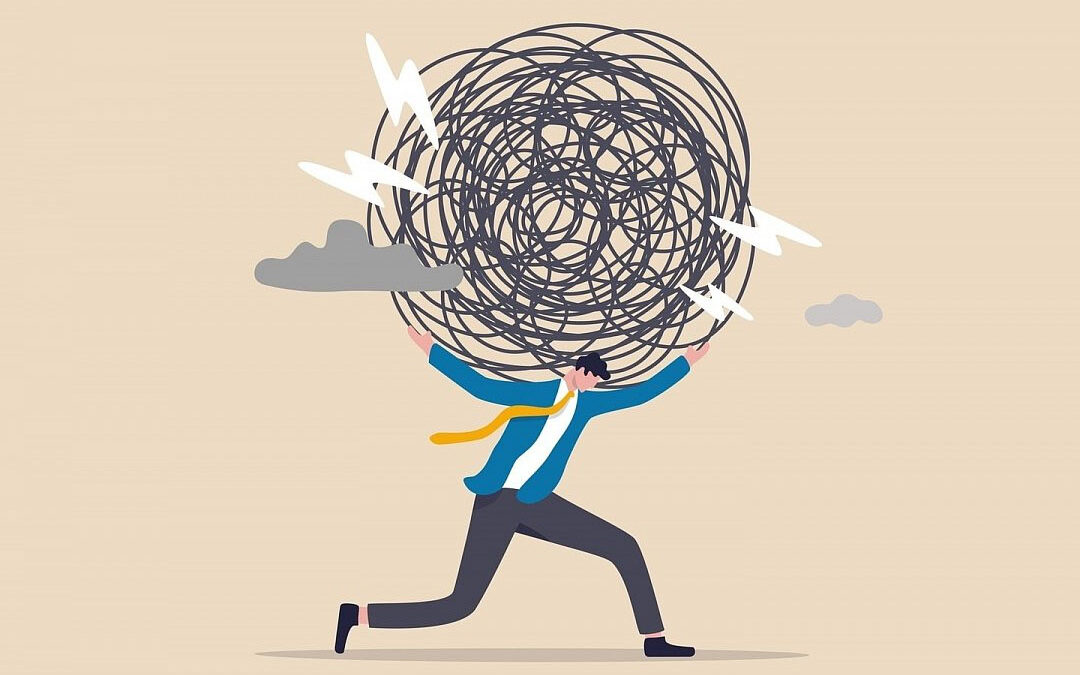“While health often deteriorates in conflict, health can also bring about peace.”
All of us have experienced and confronted profound disruptions caused by COVID-19, evidencing words penned by the great author, Charles Dickenson, in his opus relating to the French Revolution. Specifically, all of us lived through [the best of times and the worst of times.]
On one hand, the pandemic spotlighted our heroic workers in healthcare, especially nursing professionals. COVID-19 also spotlighted disparities as well as outright discrimination. To be sure, civility and dialogue — and not rancor and glib sound bites — must be increasingly resorted to as tools for addressing policy questions, including, conflicts that negatively impact health as well as the conflicts within the healthcare system that worsen health conditions.
Notably, an increasing body of thought leadership has been performed linking the impact of conflict on health. According to a brief article focused on the frontline of primary care, Family Nurse Practitioners; conflict or disputes that specifically involve discrimination (or even the anticipation of this) affect human health of minority populations, requiring intentional and restorative partnership on the part of Providers. I know this personally as a lawyer who has an interesting but unique career compared to the “norm” encountering microaggressions by members of the legal profession.
Early on, researchers documented or linked negative health outcomes in relation to international conflicts. The consequences of conflict, such as discrimination or anticipated discrimination, equally deserve attention. Negative consequences of conflict include anxiety and stress disorders, including clinical depression as well as negative cardiovascular responses.
In my experience, the mere chance that I may have an access denial by a Shared Economy driver (nevertheless an actual access denial) triggers my “fight or flight response,” resulting in elevated systolic readings at the doctor’s office or at my house. While there are many people without disabilities who are incredible partners walking in my shoes as a guide dog handler; alas that is not everyone. For some who have never encountered this situation; it can be a challenge to accept how disruptive emotionally and physically an access denial can be. I also observe the
level of poor health sustained by some within the disability rights community beyond the health issues caused by disability. As such, I wonder if the longitudinal bias of society and the accretion of microaggression or trauma on top of trauma has derogated the “pursuit of happiness” of the disability demographic. Besides my disability, which is not my sole identity; being a lawyer alone escalates the chance that I may encounter anxiety, stress disorders, or fall risk to substance abuse.
To safeguard my own physical and mental health, I have turned to alternative health approaches, such as mindfulness. As so many of us, who are hyper and driven to multi-tasking; this is a work in progress. A resource for lawyers is happily the Mindfulness in Law Society.
In addition, healthcare Providers have long encountered their own forms of conflicts that impact their health and the trustworthiness of the healthcare system overall. For example, conflicts, in this context, may include bioethical conflicts, conflicts between Providers and patients, and internal organizational or workplace conflicts. Consequences can include low customer satisfaction, litigation costs, and inferior quality.
As a lawyer with a disability, who believes in the power of public service to resolve problems; I surely hope that healthcare policy and systems can be leveraged for “peace.” Particularly, “…health care professionals, such as Family Nurse Practitioners, must recognize the health implications involved and know the steps they can take to help stop discrimination and mitigate its negative outcomes.”
Considering the foregoing, this proposes convening a one-and-a-half-day summit with follow-up working groups. With your financial and intellectual support, the summit will explore both the impact of conflict on diverse populations and their health as well as the impact of conflict on diverse Providers. The goal encompasses that, by working alongside of each other; these attendees can broker more shared understanding as well as better health. Thematic workgroups may include:
- Workgroup on discrimination and health Disparities
- Workgroup on Provider conflicts and health
- Workgroup on Health of Dispute Resolvers
- Workgroup on Public Discourse
- Workgroup on Issues and Innovation
Therefore, our problems seem not only intractable but often severely affect the health and wellness of disputants or opponents. All of us must collaborate in addressing the impact of conflict on our individual and community health. Let us begin!
If you have any questions or are interested in collaborating or discussing further please feel free to reach out or contact Advize.
By: Gary C. Norman, Esq. L.L.M.
Lawyer, Columnist, and Consultant


Recent Comments